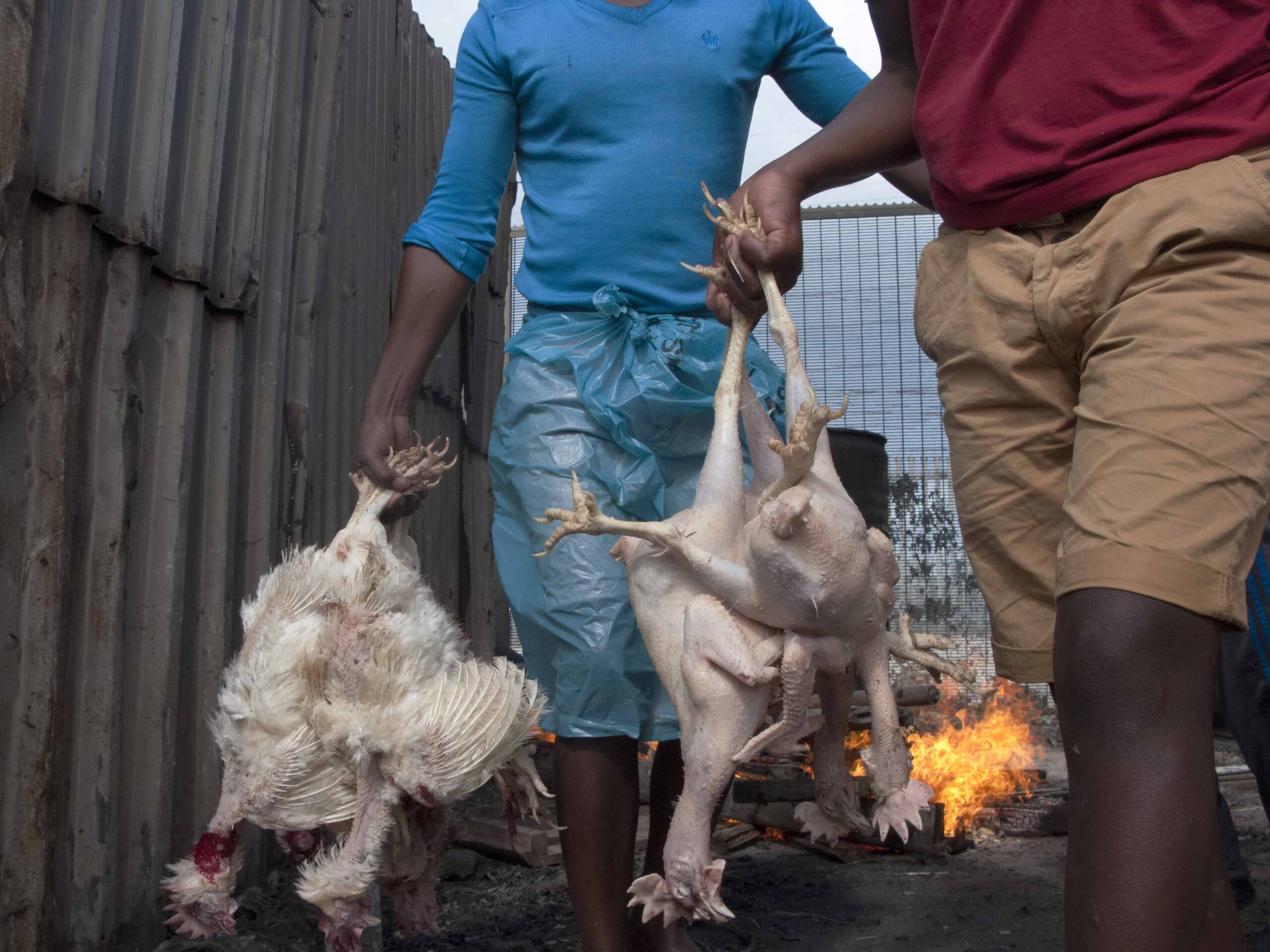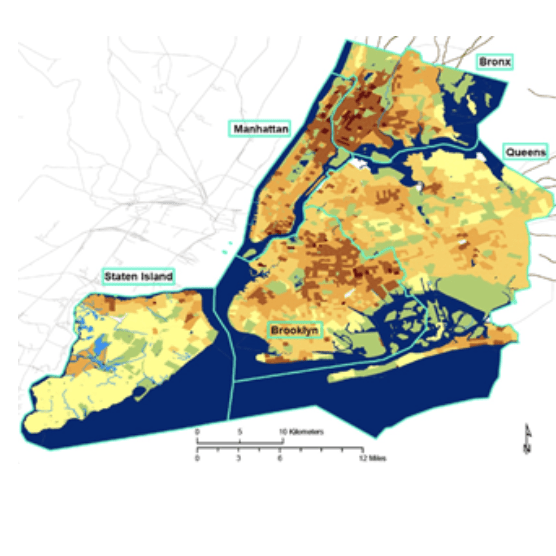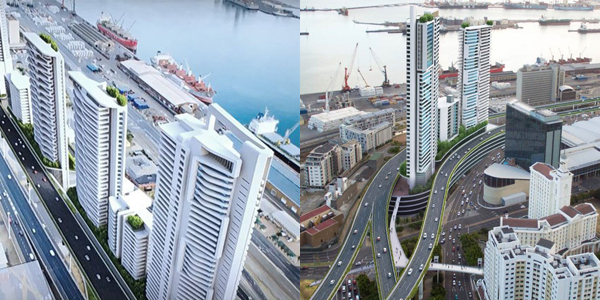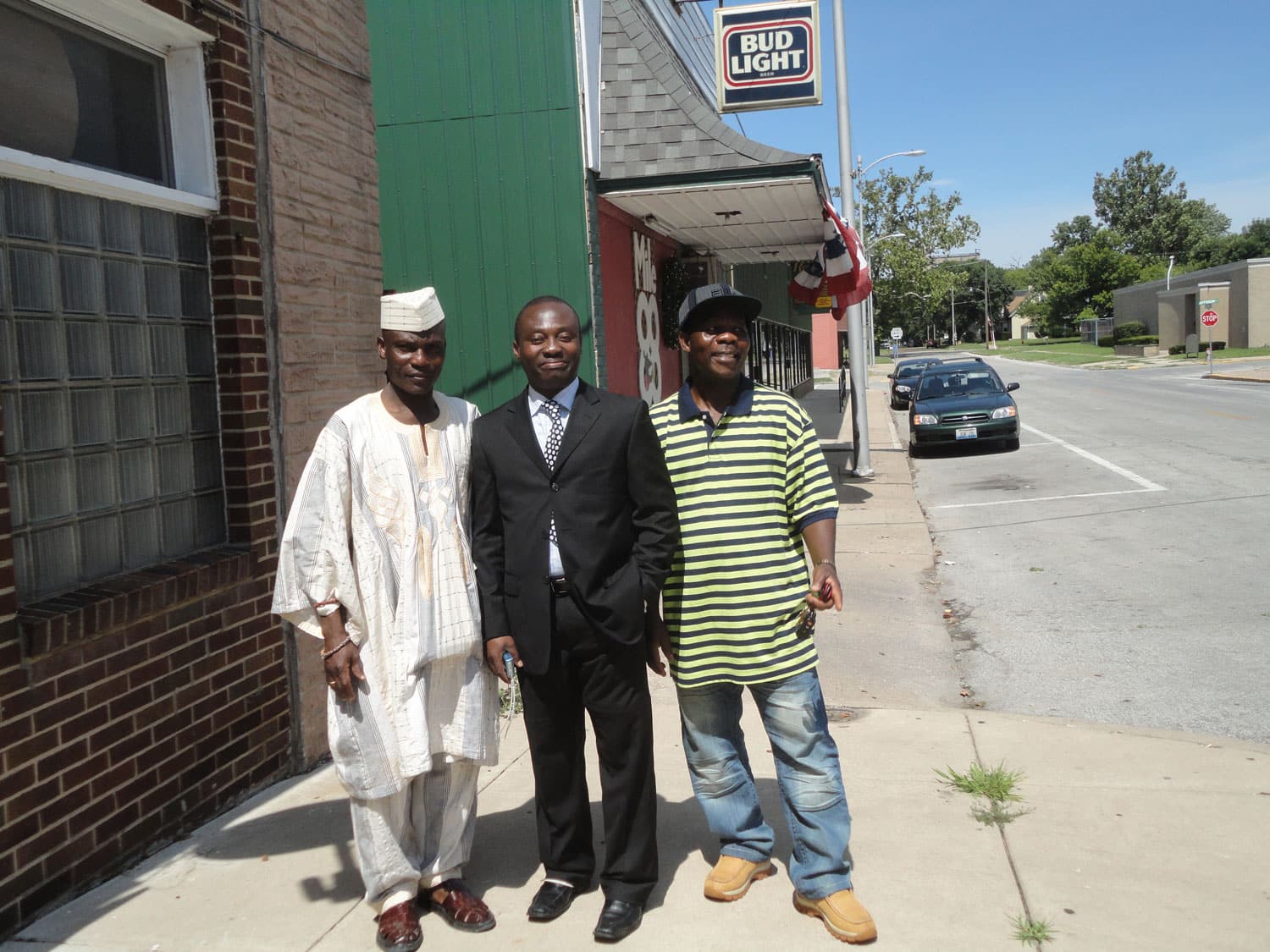Governing Cape Town’s Informal Economy
Studio 5 Environmental and Geographical Sciences Building, Upper Campus, Cape Town, South AfricaACC invites you to a special Brownbag lecture by Dr Graeme Young entitled Governing Cape Town Informal Economy, on Friday 26 July at 13:00 to 14:00 in Studio 5, EGS Building, Upper Campus, UCT. Young, a visiting QES Scholar, has been working with the Office of the Premier of the Western Cape as part of...








